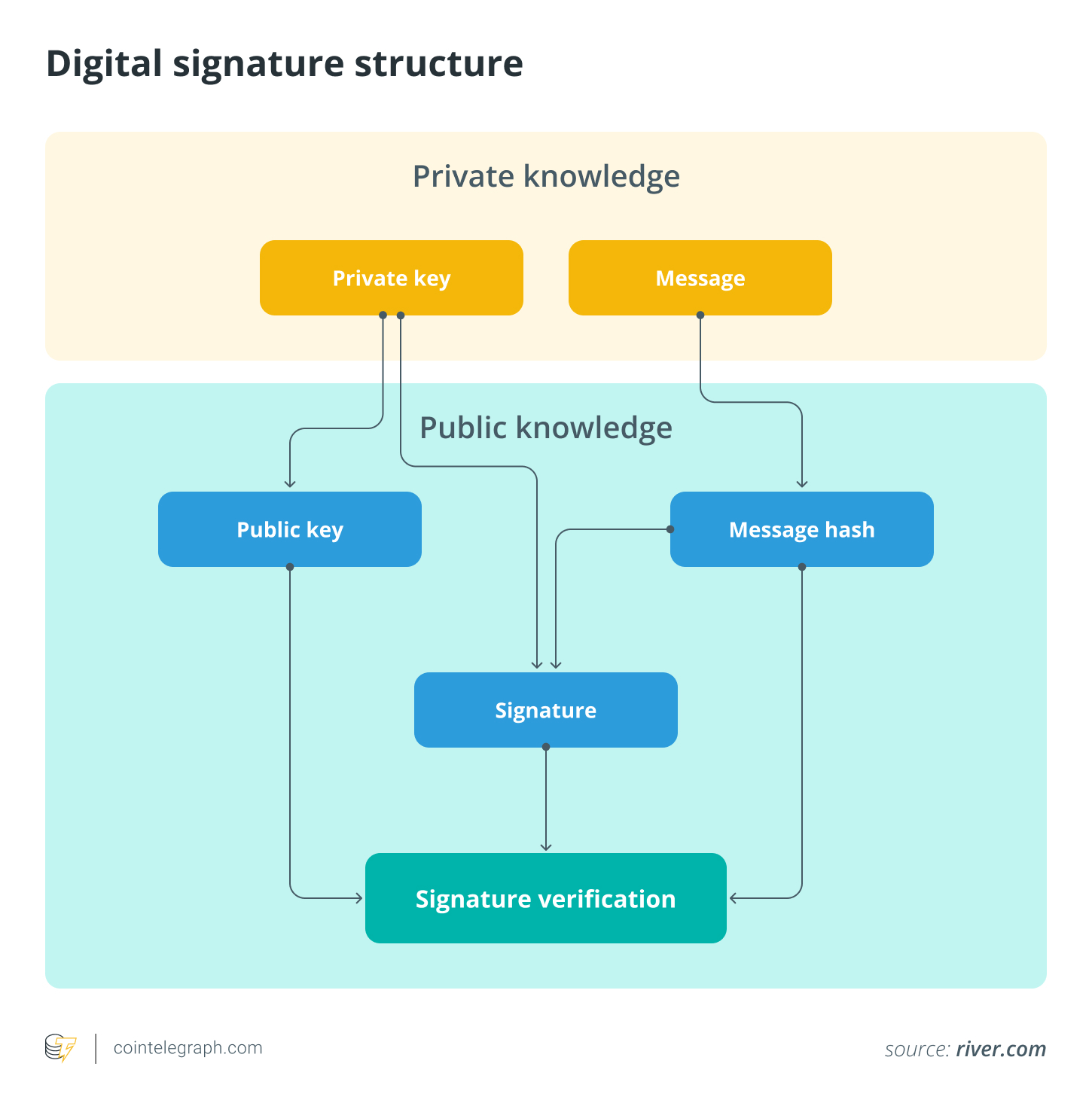
Quantum Technology’s Impact on Bitcoin
Quantum technology can process an enormous amount of data and solve complex problems in seconds rather than decades.
Remarkably, it emerged from quantum mechanics, a branch of physics that studies matter and energy at atomic and subatomic levels. Today, quantum technology is utilized in various modern advancements like transistors and lasers, with quantum computers boasting speeds up to 300,000 times faster than conventional ones.
Google’s new quantum chip, Willow is transforming computation speeds, potentially equipping hackers with tools to decode algorithms that support Bitcoin and other cryptocurrencies.
Concerns arise around the Elliptic Curve Digital Signature Algorithm (ECDSA), as quantum computers could endanger Bitcoin’s cryptography. Experts such as Adam Back and Michael Saylor currently downplay the immediate threat posed by quantum computers since advanced hardware development could take decades.
Despite ongoing research and advancements in quantum computing, Bitcoin is not yet at risk but developers are looking into improvements to enhance network security against potential threats, including encryption breaches.
Did you know? Albert Einstein significantly advanced quantum technology, earning a Nobel Prize for his work on the photoelectric effect.
Translation: Albert Einstein made significant contributions to the development of quantum technology. He set the ground for quantum mechanics with his work on the photoelectric effect, which revealed what light is made of. He won the Nobel Prize for this, and not for the relativity theory, as many believe.
How Quantum Computing Threatens Bitcoin Security
Quantum computing could profoundly affect Bitcoin by undermining its protective cryptographic protocols.
Discussions around quantum computing’s risks to the Bitcoin network are gaining traction due to its potential to expose the vulnerabilities in the asymmetric cryptography safeguarding Bitcoin wallets.
The Vulnerability of Bitcoin Wallets
Bitcoin employs ECDSA for generating private-public key pairs essential for transaction security. This security is based on the difficulty of solving the elliptic curve discrete logarithm problem (ECDLP), a task infeasible for classical computers.
However, in 1994, mathematician Peter Shor introduced an algorithm capable of compromising the security of these cryptographic algorithms, accelerating the key derivation process significantly. Therefore, a sufficiently powerful quantum computer leveraging Shor’s algorithm could extract private keys from public keys.
Did you know? Quantum computing capability is often measured by the quantity of qubits, with today’s advanced machines operating between 100 and 1,000 qubits.
Translation: Quantum computing progress can be assessed by the number of qubits (basic units of information) in one processor. Today, the most powerful quantum computers process between 100 and 1,000 qubits. Estimates for the number of qubits needed to break Bitcoin’s security range from 13 million to 300 million or more.
Quantum Units Revealing Lost Bitcoin
Between 2.3 million and 3.7 million Bitcoins are thought to be permanently lost, equating to approximately 11%-18% of Bitcoin’s total supply.
If quantum recovery technologies materialize, a possibility looms that previously dormant wallets could become active again. For instance, at least 1 million Bitcoins are estimated to belong to Satoshi Nakamoto, and discoveries of their keys could unsettle the market significantly.
Proponents of quantum computing assert that once quantum technology advances to a certain threshold, they could hack into wallets protected by lost private keys, increasing their chances of unlocking these dormant accounts.
In 2025, BlackRock issued a statement warning that quantum computing poses a significant risk to Bitcoin’s security as it could deconstruct existing cryptographic defenses.
Ethical Concerns Regarding Lost Bitcoin Recovery
The revival of lost Bitcoins presents economic and ethical debates. Including these coins back into circulation could disrupt Bitcoin’s scarcity, affecting its market value. Discussions are ongoing regarding the optimal strategies for preserving Bitcoin’s integrity, with some experts advocating for the radical solution of burning lost coins while others propose equitable redistribution.
Safeguarding Bitcoin Against Quantum Threats
To shield your Bitcoins, minimizing public key exposure is crucial.
Always stay vigilant against potential threats, underscoring the regular risk of fraud, including prevalent phishing scams in the crypto space.
To enhance security, avoid reusing addresses and consider joining platforms that facilitate new address generation for each transaction. Moreover, it is wise to exclusively utilize wallets that support Taproot and SegWit, prioritizing better security standards.
In summary, while Bitcoin currently remains resilient to quantum threats, proactive steps toward enhancing its security are imperative as researchers explore quantum-resistant wallets and protocols like QRAMP. Ongoing developments pave the way to fortifying Bitcoin against the inevitably advancing quantum landscape.


